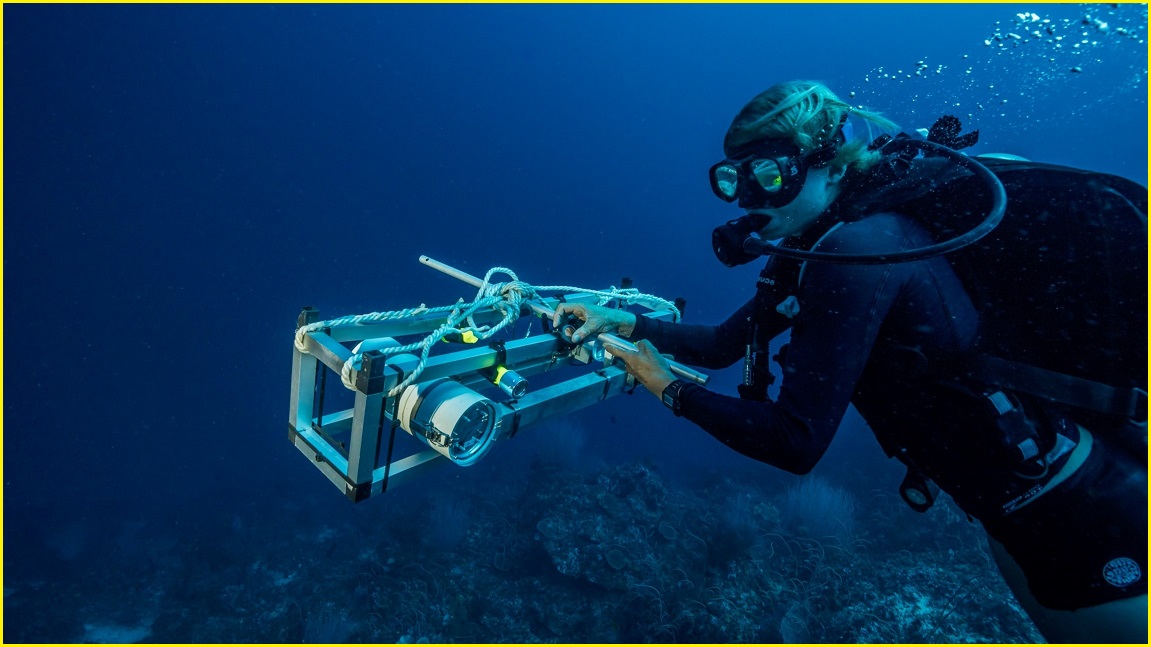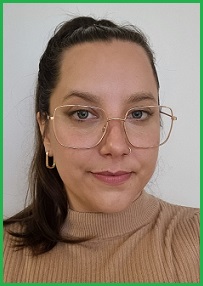AI, underwater drones, deepfakes and online gambling are some of focus areas for the five tech recipients of the 2024 Churchill Fellowships.
Fellowship awardees are granted up to $35,000 to fund four to eight weeks of overseas travel to investigate a topic or issue of national interest.
“Fellows return home ready to challenge the status quo and work in their field of endeavour to implement what they’ve learnt — they’re determined to make a difference,” said Sally Campbell, acting CEO of the Churchill Trust.
Tech projects comprised only a small percentage of the 103 awards handed down this year, with the majority of prizes funding projects in medicine, mental health, social services, climate change and conservation.
Now in its 60th year, the annual awards are overseen by the Winston Churchill Memorial Trust, which has handed out more than 4,800 fellowships.
Notable outcomes of the program include Canberra-based National Science and Technology Centre Questacon, and unit pricing in supermarkets.
The Churchill Fellowship prides itself on its egalitarian approach, accepting applications from any Australian citizen or permanent resident over the age of 18, regardless of academic background.
Winners in tech
This year’s tech awardees come from various disciplines, including education, conservation and politics.
Just as broad are their projects, which span the use of robotics in marine conservation to understanding the risks AI technologies pose to democracy.
Kellie Charles, NSW
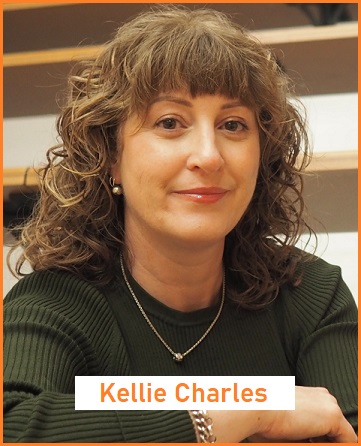
As an education professional and associate professor of pharmacology at the University of Sydney, Charles has established a long history of researching how technology can be used to improve students’ learning experiences.
Charles will use her fellowship to investigate how AI can be integrated into higher education by discovering how it’s being deployed at some of the world’s most innovative universities.
In particular, she aims to bring generative AI content into every course to ensure students graduate ready to use this new technology in an ethical and socially responsible way.
Sally Gainsbury, NSW
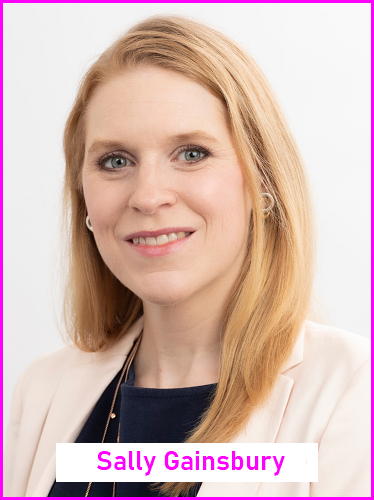
Gainsbury is the director of the only university-affiliated gambling treatment and research clinic in Australia, as well as a professor in the School of Psychology and the chief investigator of the technology addiction team at the University of Sydney’s Brain and Mind Centre.
She plans to use her award to examine how others are addressing the crisis of youth online gambling and understand how digital interventions can help address the mental health disorders underpinning this concerning trend.
Gainsbury aims to use her learnings to design and deliver scalable tech-based interventions to address gambling addiction amongst Australian youth.
Gemma Galbraith, Qld
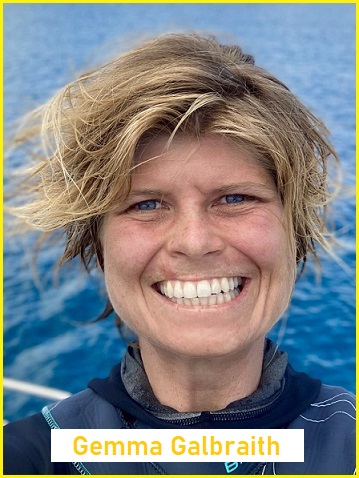
A marine ecologist at James Cook University in Townsville, Galbraith will be using her fellowship to investigate the use of remotely operated vehicles (ROVs) for the study of deep coral reefs.
These underwater drones permit researchers to go further than the 30-metre limit scuba diving allows.
This makes it possible to collect information on the ecology and biodiversity of the deep reefs, which make up most of the global reef habitat.
By experiencing international methods and best practices, Galbraith will be able to bring back expert knowledge in marine robotics, helping us better understand and protect Australia’s precious marine environments.
Máiréad Doyle, Vic
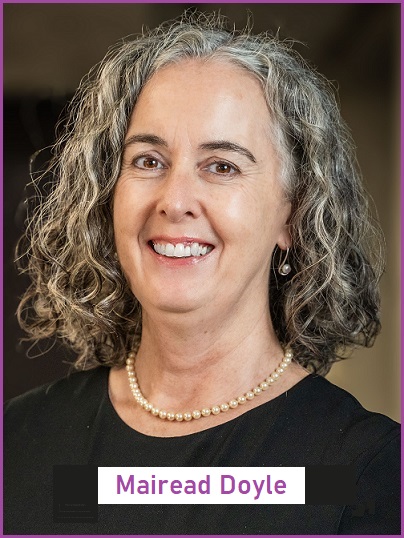
As executive director of governance and enabling services at the Victorian Electoral Commission, Doyle’s work focuses on information, personnel and cyber security risks during large elections.
She said new AI technology, particularly deepfake images, audio files and videos, has made misinformation and disinformation a real threat to the electoral process and a serious global risk.
Doyle’s fellowship will fund her study into the use of AI in political misinformation and disinformation to help protect Australia’s democratic processes at federal, state and local levels.
Chris Bush, Vic
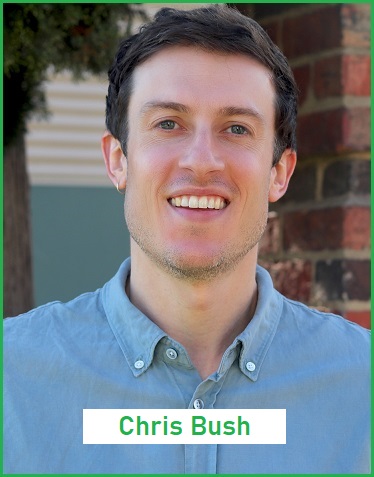
Bush, a teacher at Melbourne’s University High School, has long had an interest in technology’s potential to advance education, close equity gaps, and create inclusive learning environments.
His trial of an AI tutor saw a 15% increase in overall scores among his students and a particular boost in outcomes for students who speak English as an additional language or who come from lower socioeconomic backgrounds.
Bush’s project will see him investigate international school systems and experts to explore other ways AI can be used to address resource gaps and revolutionise public education.




